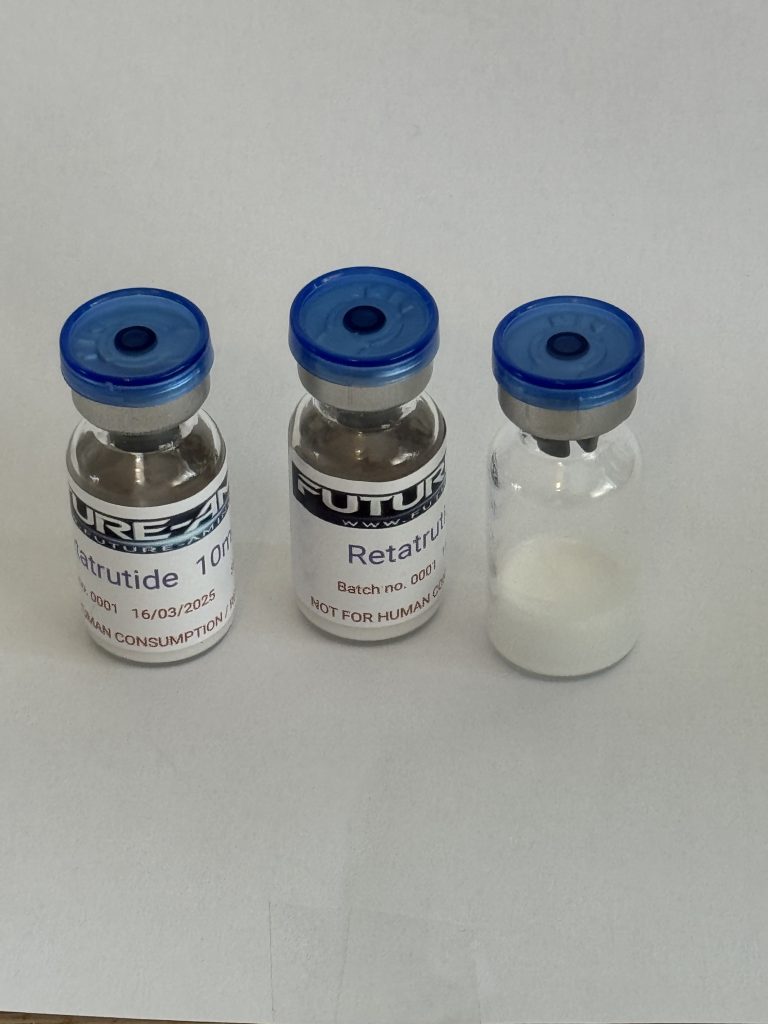Modern Peptides and Their Role in Metabolic Support
Peptides have emerged as powerful tools in the world of health, fitness, and body recomposition. Designed to work with the body’s own hormonal signals, these compounds are being studied for their effects on appetite, energy balance, blood sugar, and overall metabolic function.
Understanding This Class of Compounds
Among the most researched peptides today are those that interact with specific gut hormone receptors. These pathways help regulate satiety, improve insulin sensitivity, and influence how the body stores and burns fat. Rather than relying on central nervous system stimulation, these compounds work through hormonal balance — making them ideal for sustained protocols.
Why the Interest Is Growing
This category of compounds is now being considered not just for diabetes management, but also for broader metabolic benefits. With potential applications in weight reduction, cardiovascular support, and even neuroprotection, researchers are expanding their scope. The minimal side effect profile compared to traditional fat loss agents has made these peptides even more appealing.
Key Examples in This Field
Notable compounds include semaglutide, tirzepatide, and retatrutide. Each of these interacts with specific receptors involved in glucose regulation and appetite control. Some also engage secondary targets like GIP and glucagon, making them part of a more dynamic metabolic strategy.
What Is GLP-1?
(Glucagon-Like Peptide-1) is a hormone released by the body in response to food intake. Synthetic receptor agonists that target this mechanism are currently being used in research to explore effects on weight, blood sugar, and long-term health markers.
Summary
With new studies emerging and applications expanding, this field of peptide science is likely to grow. Used alongside strength training and nutritional structure, these tools may provide a safer, more targeted approach to body composition and health management.
GLP-1 receptor agonists are gaining popularity for their ability to support weight loss, appetite control, and blood sugar management. When used responsibly and under guidance, compounds may offer a safe and effective way to assist with long-term fat reduction goals. By slowing gastric emptying and enhancing satiety signals, they help reduce calorie intake without the use of stimulants. Safe use of peptides includes proper dosing, gradual titration, and combining it with a high-protein diet and regular physical activity. As part of a structured plan, peptide use can be a powerful, sustainable tool for long-term weight management.

What Is GLP-1 and How Does It Work?
Benefits of GLP-1 Receptor Agonists for Weight Management
GLP-1 FAQ
What is a GLP-1 receptor agonist? A GLP-1 receptor agonist is a compound that activates the GLP-1 hormone pathway... Is GLP-1 safe for weight loss? GLP-1 agonists have been shown to support weight management under proper supervision...Peptides are becoming a key focus in metabolic research due to their ability to influence appetite, digestion, and energy usage. As new compounds emerge, researchers are exploring how these molecules interact with hormonal pathways and cellular processes involved in body composition. The interest extends beyond weight loss alone, touching areas like insulin response, nutrient absorption, and long-term metabolic health. One such compound, GLP-1, is gaining traction for its multifaceted effects. Combined with strategic nutrition and exercise protocols, these innovations may support more sustainable outcomes compared to traditional approaches based solely on calorie restriction or stimulant-based fat burners.